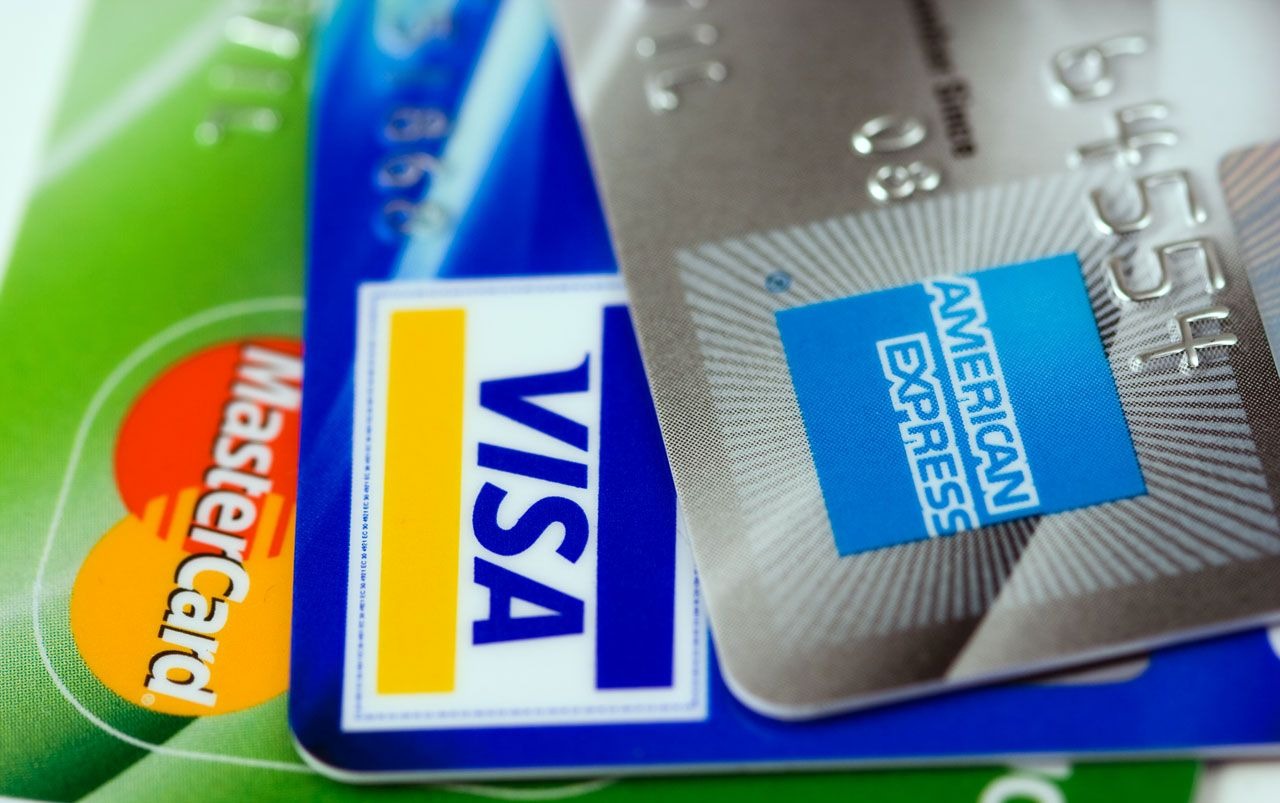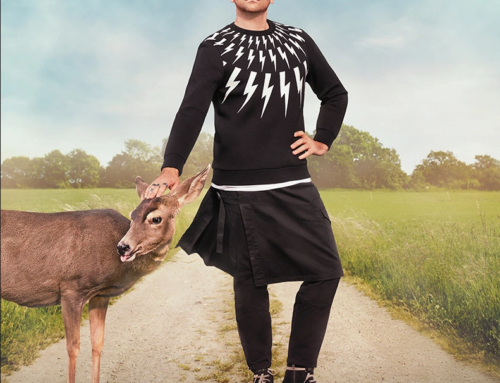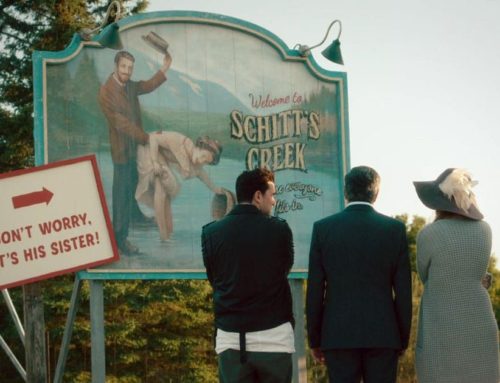Early in our marriage my wife and I got some credit cards. We thought that as long as we paid off the balance each month things would be fine. We’d build some credit on our credit report and gain further purchasing power.
All was well until it wasn’t. As soon as there was one month when we didn’t pay off the balance things began to snowball until the debt was out of control. It really didn’t take long. And the interest rates on many credit cards can be as high 25%. The average is close to 16%.
Thankfully, we no longer have credit card debt. But it was more than the failure of paying off the balance each month. It was also our misconception of how money works and not making sure we were bringing in enough money to cover the debt costs.
Early in season one of Schitt’s Creek David Rose purchases items with the only remaining credit card with a line of credit. His father, Johnny, asks him how he’s going to pay for it and David’s response is, “I already did!”
David was making a common mistake and this is one that Thomas Jefferson was pointing out when he said, “Never spend your money before you have earned it.”
Both for my wife and me, and for David Rose, we thought of credit as real money. It’s not.
First, money is just an idea.
I recognize that’s a difficult pill to swallow. If money is just an idea than then what are those bills in my wallet or the numbers in my account balance?
Money is simply whatever is agreed upon as a unit of exchange. It has been many things throughout history. For a more in-depth look at the history of money check out this article on investopedia.com. And those things have, until recently, always been real objects, like salt, pelts, weapons, shells, tulips, and precious metals.
Now most currencies are no longer tied to a tangible object (like having a gold standard). This in turn make money even more of a concept.
A Gold Standard is when each printed bill represents real gold that the issuer of the bill holds. It used to be that you could take your dollar bills into a bank and exchange them for their equivalent in real gold. President Roosevelt ended that in the 1930s. Then, in the 1960s President Nixon declared the U.S. Dollar would no longer be tied to a tangible object. It would no longer have a Gold Standard. This is what is called fiat money.
Those men had their reasons.
Since our money is just an idea, and not even a substitute for a tangible valuable object, how do we create more money?
In the U.S. the Federal Reserve “creates” more money by crediting vast sums to banks who then loan it out to individuals and corporations. These individuals and corporations then spend it on goods and services and the money circulates into the economy. The money is simply made up.
So when I make purchases on my credit card, which is a loan from a bank, I am spending something that is not even real. We are spending money that we clearly do not already have.
Jefferson said to never spend what you don’t already have. I think this needs to be refined. As long as you know what debt you’re getting into and your cash flow allows you to pay off the loan, loans can be a helpful thing—without them 99% of people would not be able to purchase homes or cars. Though most would agree avoiding debt is the best option.
And here’s the lesson:
YOU HAVE TO KNOW HOW MUCH YOU’RE SPENDING AND HOW YOUR DEBT IS ACCUMULATING!
After all, Jefferson is the guy who made the Louisiana Purchase from France for $15 million dollars (more than $305 million today) with only 20% down. The U.S. Government borrowed the rest of the money in bonds. Bonds are loans a government receives from holders of the bond (individuals, corporations, banks, and even foreign countries. You can go to the U.S. Treasury Department’s website and purchase a bond today! But the interest rate is a measly 1.06%.) with a guaranteed interest rate (which is a promise to pay back the principle plus a percentage). Bonds are a common way for governments, from municipalities to the federal level, to raise funds.
So even Jefferson bought on credit.
But he would have NEVER claimed, as David did, that he had, “already paid for it.”
David had zero income when he made that purchase. He had no way to pay off the debt incurred. And like a much younger me, the interest rate capitalized on the initial debt and within a short bit of time the amount owed can double, triple, or worse.
I guess this entire rambling post is all to say you had better know your monetary situation when taking on debt. Don’t spend on credit unless you have money coming in to cover the payments.
Don’t be like David Rose. And be very wary of purchasing on credit (and yes, this includes student loans).





